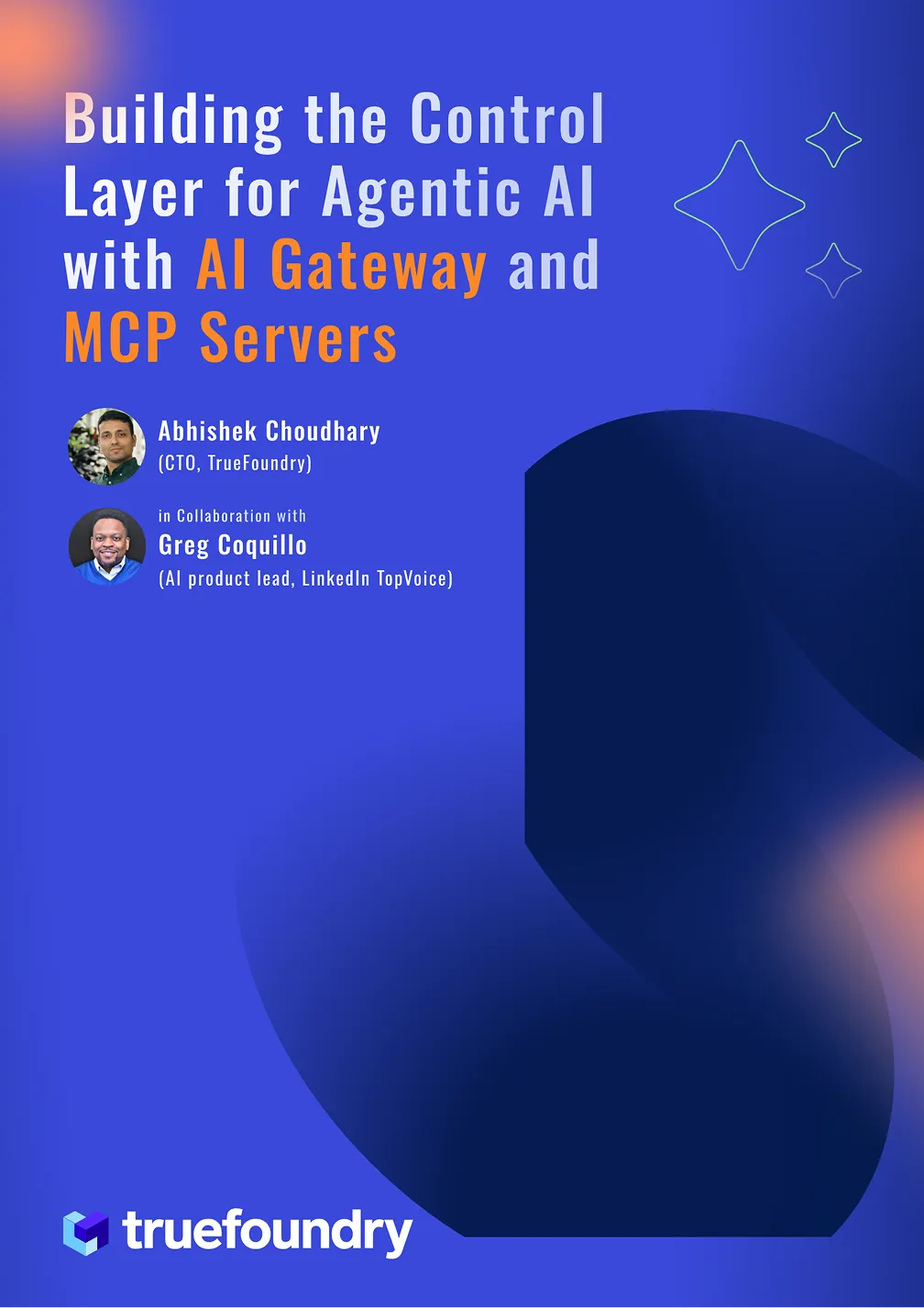While Azure Machine Learning offers a robust, enterprise-grade platform, it’s not always the best fit for every team. As the MLOps ecosystem matures, many organizations are reassessing their tools to ensure they support faster development cycles, flexible infrastructure choices, and a more developer-friendly experience.
One of the biggest challenges with Azure ML is ecosystem lock-in. The platform works best when all your data, compute, and orchestration pipelines are already running on Microsoft Azure. This can limit portability, making it difficult to operate across cloud providers or migrate workloads when needed.
Another common concern is complexity. Azure ML offers powerful capabilities, but configuring environments, managing compute clusters, and deploying models often require a deep understanding of the Azure ecosystem. For smaller teams or those without dedicated DevOps support, this can slow down experimentation and time to market.
Cost is another factor. Azure ML’s pricing can become steep at scale, especially for GPU-intensive workloads or when using premium services like AKS. Some alternatives provide more transparent or usage-based pricing, helping teams manage costs more effectively.
Lastly, developers and data scientists increasingly prefer tools with open standards, native Git integration, and Kubernetes support. These features are often better supported by newer platforms that were built with MLOps-native architecture from the start.
If your team values agility, speed, and multi-cloud or hybrid capabilities, exploring alternatives to Azure ML can open up a more efficient and scalable machine learning workflow.
Top 5 Azure ML Alternatives
If you're looking to move beyond the limitations of Azure Machine Learning, there’s a growing ecosystem of modern MLOps platforms that offer greater flexibility, faster iteration cycles, and a smoother developer experience.
1. TrueFoundry
TrueFoundry is a Kubernetes-native MLOps platform that empowers teams to train, fine-tune, deploy, and monitor machine learning and LLM workloads at scale. It abstracts infrastructure complexity while giving full control over computing, making it ideal for both startups and large enterprises. TrueFoundry integrates seamlessly with GitHub, Docker, Jupyter, and various cloud providers, enabling continuous model delivery through GitOps. It supports scalable job scheduling, automatic API serving, prompt management for LLMs, and real-time observability.
What makes TrueFoundry unique is its unified platform for both traditional ML and generative AI workloads. It can deploy 250+ open-source and proprietary models through a single gateway, optimize latency using dynamic batching, and enforce governance with user-level access control. For LLMs, it offers advanced inference scaling, prompt orchestration, and fine-tuning support with auto-instrumentation.
Top Features:
- Unified model gateway with 250+ LLMs
- Auto API generation and inference scaling
Real-time logs, metrics, and tracing - Multi-cloud, on-prem, and VPC deployment support
2. Databricks
Databricks is a powerful data and AI platform built around the concept of the Lakehouse, a unified architecture that combines the scalability of data lakes with the reliability of data warehouses. At its core, Databricks provides a collaborative environment for data engineers, scientists, and analysts to work on shared ML workflows. It supports end-to-end ML pipelines using MLflow, integrates with Spark for distributed data processing, and enables model training on large datasets using notebooks or automated workflows.
The platform is especially well-suited for organizations with complex data engineering needs and large-scale data lakes. Databricks supports versioned datasets, Delta Lake for transactional consistency, and seamless integration with cloud storage services like AWS S3, Azure Data Lake, and GCP. It also offers a robust model registry, deployment to REST endpoints, and automated model monitoring.
Databricks is ideal for data-first teams needing unified analytics and scalable ML across large volumes of structured and unstructured data.
Top Features:
- Unified Lakehouse architecture
- Native MLflow integration
- Powerful Spark-based compute engine
- Scalable model training and deployment
3. Vertex AI (by Google Cloud)
Vertex AI is Google Cloud’s fully managed MLOps platform that unifies data, training, and deployment workflows under a single interface. Designed for scalability and ease of use, Vertex AI integrates with Google’s ecosystem, such as BigQuery, Cloud Storage, Dataflow, and TensorFlow, enabling data scientists and ML engineers to build models without heavy infrastructure management.
One of its standout capabilities is Vertex Pipelines, which automates complex ML workflows using Kubeflow under the hood. It also offers AutoML for teams looking to train high-performing models with minimal code. For advanced users, Vertex supports custom training jobs, hyperparameter tuning, model evaluation, and deployment with built-in A/B testing. It provides a scalable prediction service with options for real-time and batch inference, as well as explainability, drift detection, and integrated monitoring.
Vertex AI is particularly strong for teams already embedded in the Google Cloud ecosystem and offers excellent performance for both tabular and unstructured data models.
Top Features:
- Seamless integration with Google Cloud services.
- Managed pipelines and training with Kubeflow.
- AutoML and custom model support.
- End-to-end model monitoring and explainability.
4. AWS SageMaker
Amazon SageMaker is a comprehensive MLOps platform that supports the full machine learning lifecycle, including data labeling, model training, hyperparameter tuning, deployment, and monitoring. It’s deeply integrated with the AWS ecosystem and offers modular components that can be used independently or stitched together for complete ML workflows.
At the heart of SageMaker is SageMaker Studio, an integrated development environment that provides tools for building, debugging, tracking, and deploying models. It supports major frameworks like TensorFlow, PyTorch, and XGBoost and includes built-in support for distributed training, large model hosting, and real-time inference.
SageMaker also provides services like SageMaker Autopilot for AutoML, SageMaker Pipelines for CI/CD workflows, and Model Monitor for keeping deployed models under observation. It’s well-suited for enterprises already operating within AWS, offering strong security, scalability, and compliance out of the box.
This platform works best for mature ML teams that need robust governance, flexible scaling, and deep integration with AWS services.
Top Features:
- Fully managed IDE with SageMaker Studio.
- Support for distributed training and inference.
- Built-in AutoML, CI/CD, and monitoring tools.
- Native integration with AWS security and data stack.
5. MLflow (Open Source)
MLflow is an open-source platform for managing the machine learning lifecycle. Originally developed by Databricks, it has grown into a widely adopted tool for experiment tracking, model packaging, deployment, and reproducibility. MLflow is highly flexible, framework-agnostic, and can be integrated into any infrastructure, whether it's on cloud, on-prem, or hybrid.
What makes MLflow stand out is its modularity. It consists of four key components: Tracking (for logging parameters, metrics, and artifacts), Projects (for packaging code), Models (for managing and serving models), and Model Registry (for version control and lifecycle management). It supports local and remote backends, works seamlessly with Git, and allows deployment to various targets, including REST endpoints, SageMaker, Azure ML, and Kubernetes.
Because of its open nature and lightweight setup, MLflow is often chosen by teams building custom MLOps stacks or who want granular control over their workflows without committing to a fully managed platform.
Top Features:
- Open-source and highly extensible
- Compatible with any ML framework or cloud
- Experiment tracking and model versioning
- Can deploy models to multiple environments
Conclusion
Selecting the right machine learning platform can significantly impact your team’s agility, scalability, and long-term success. While Azure Machine Learning offers a comprehensive set of tools, it often comes with challenges such as ecosystem lock-in, a steep learning curve, and higher operational complexity. These issues can slow down innovation, especially for teams that need speed and flexibility.
This is where modern platforms like TrueFoundry stand out. Built with developers and MLOps teams in mind, TrueFoundry provides a streamlined, Kubernetes-native environment that simplifies the full machine learning and LLM lifecycle. It eliminates infrastructure headaches, supports popular open-source frameworks, and allows you to scale seamlessly across cloud or on-prem environments.
If your goal is to accelerate experimentation, reduce operational friction, and maintain full control over your workflows, TrueFoundry offers a clear advantage. It delivers real-time observability, production-grade performance, and flexible deployment options without locking you into a single cloud provider.
As the AI landscape rapidly evolves, TrueFoundry helps you stay ahead by offering the tools and infrastructure you need. For teams serious about building and scaling intelligent systems, it's a smarter, more adaptable choice than Azure ML.
TrueFoundry AI Gateway delivers ~3–4 ms latency, handles 350+ RPS on 1 vCPU, scales horizontally with ease, and is production-ready, while LiteLLM suffers from high latency, struggles beyond moderate RPS, lacks built-in scaling, and is best for light or prototype workloads.






















